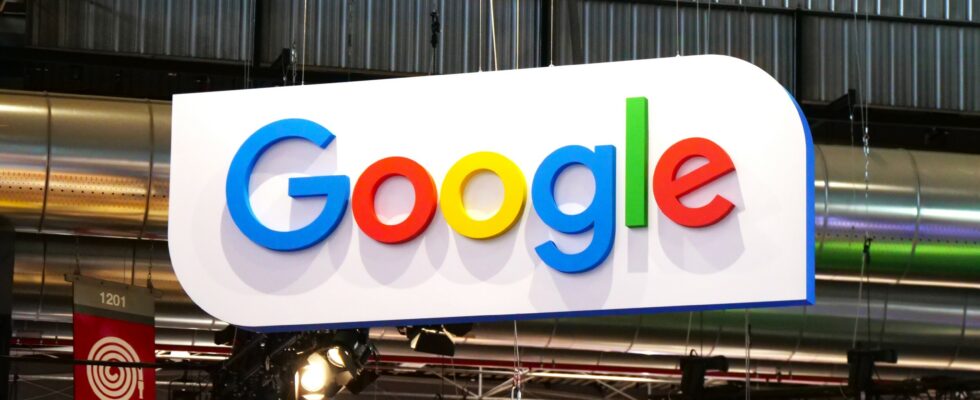The giant Google has just been fined 250 million euros by the Competition Authority. The latter believes that the company has not respected all the commitments made in June 2022.
The Competition Authority has decided to strike hard against Google. It announced, this Wednesday, March 20, 2024, that it had sanctioned the American company with a fine of 250 million euros, for not having respected certain commitments to publishers and press agencies, within the framework of the law on neighboring rights. The authority also mentions shortcomings linked to its artificial intelligence service Bard, now Gemini. What has happened so far and what does the institution specifically accuse Google of?
A fourth decision in four years on neighboring rights against Google
Previous decisions by the Competition Authority, dating back to the law of July 24, 2019 on related rights (for the benefit of agencies and press publishers), resulted in a series of commitments made by Google in June 2022 The idea was then to ensure fair competition in the online press sector, in particular by creating a framework for negotiation and sharing of information to serve a transparent evaluation of the remuneration of related rights.
Despite the emergency measures valid for five years and the sanctions previously imposed against Google, the Competition Authority noted that the commitments have not all been respected. Hence this fourth decision in just four years.
The authority explains that Google has not respected four of its seven commitments. First, the firm did not share all of the information necessary for the proper monitoring of commitments with the agent, the Accuracy firm, which was appointed to ensure the monitoring and control of these commitments.
Numerous breaches noted by the Competition Authority
The authority also singles out Google for not having respected the commitment according to which it had to negotiate in good faith, on the basis of transparent, objective and non-discriminatory criteria, with stakeholders. As for indirect revenue, the package proposed by Google does not appear to be consistent with decisions taken several years ago, even though the company had committed to respecting them. The behemoth did not correctly contractually translate its commitment to updating remuneration in most of the contracts signed with publishers.
The authority’s decision shows that Google communicated incomplete data, particularly on indirect income from protected content, thus violating the required consistency between the information transmitted on the one hand, and the remuneration offers on the other. The Authority also deplores the absence of any link between the negotiation documents and Google’s offers.
Additionally, Google missed deadlines to submit data reports to news publishers. Additionally, limited reporting of revenue from post-display searches for protected content hampers the measurement of indirect revenue, shortcomings that raise concerns about transparency and fairness in compensation negotiations.
Google recognizes its wrongs and negotiates with the Competition Authority
Finally, the Authority looked into the case of Gemini, Google’s conversational robot. Clearly, the institution is concerned about the use of press content in its development. The authority found that Google used these contents without informing the publishers or the authority.
The debate on the protection of neighboring rights remains more open than ever, especially since Google has not provided a technical solution to allow publishers to refuse the use of their content by Gemini. This lack of transparency and consent constitutes a violation of Google’s commitments.
Sanctioned with a fine of 250 million euros, Google did not contest the alleged practices. She, on the other hand, requested “ the benefit of the transaction procedure “, explains the authority, which “ allows a company which does not dispute the facts with which it is accused to obtain the imposition of a financial penalty “. The American giant also convinced the authority of corrective measures taken to put an end to the violations identified.
Source : Competition Authority

1